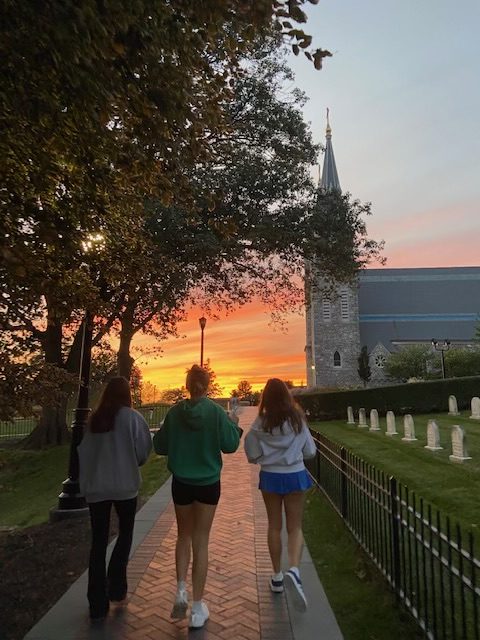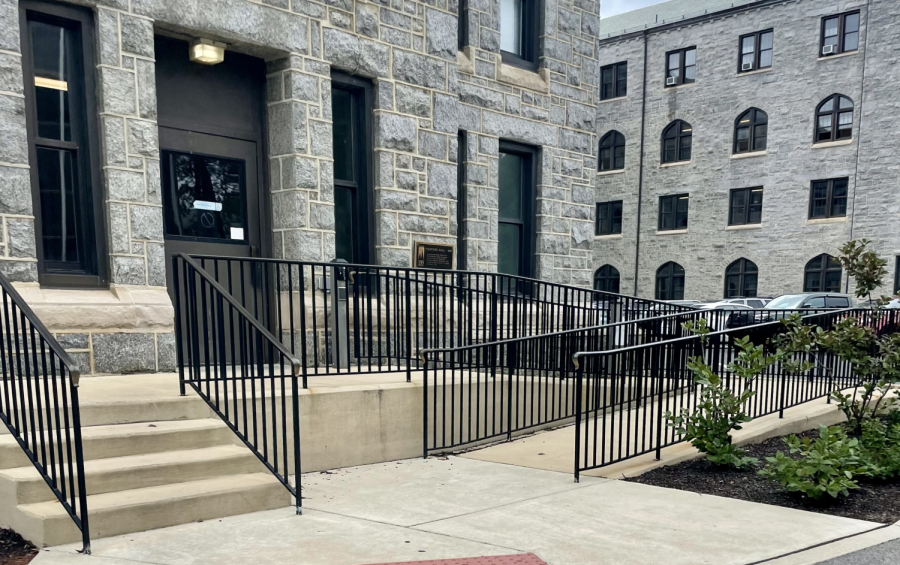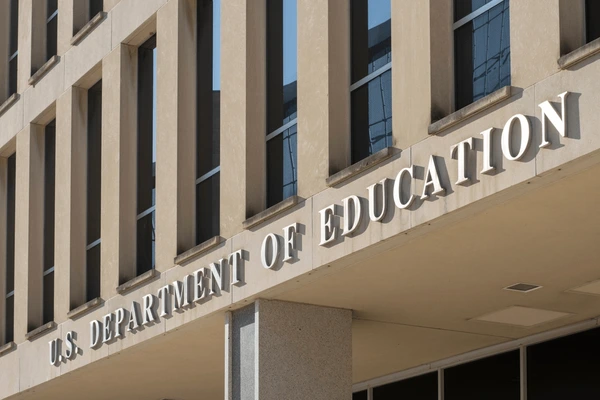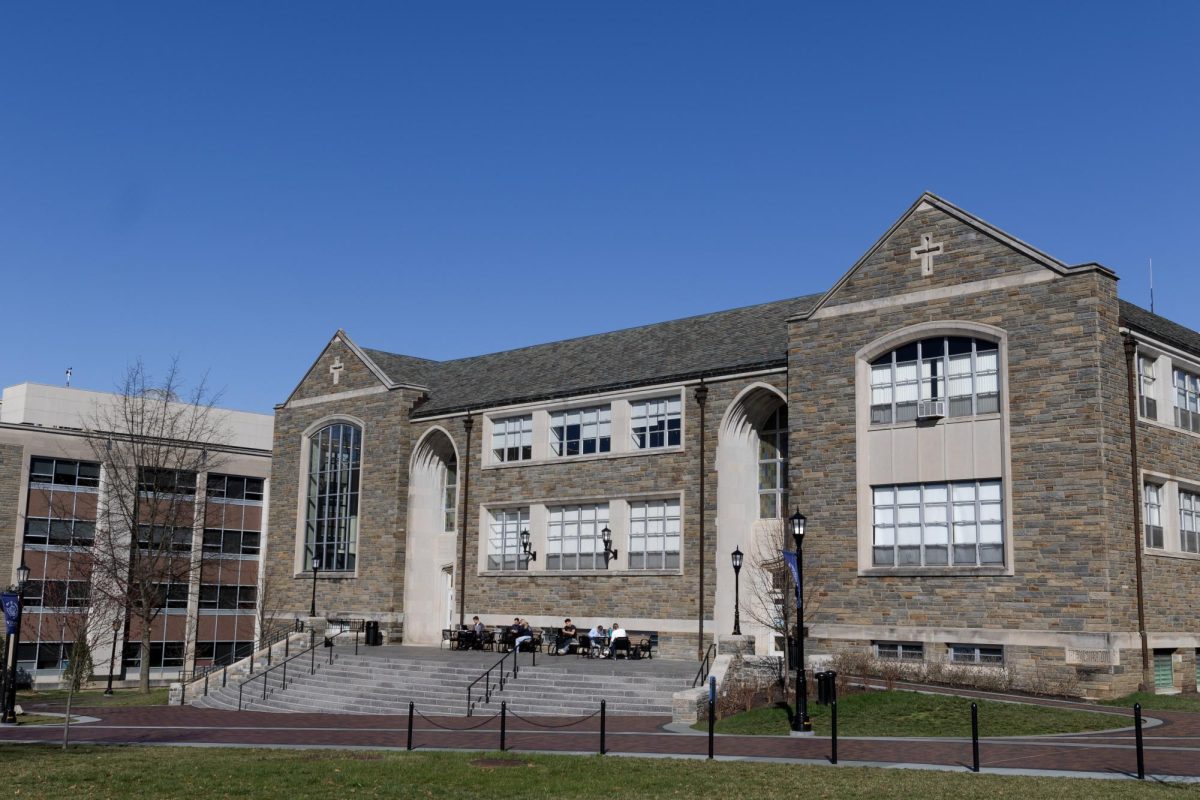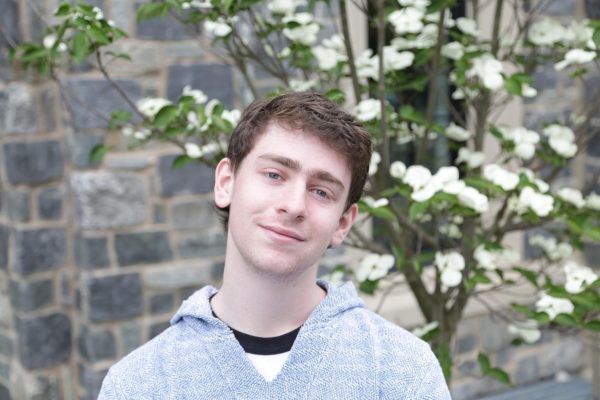With the weekend so close, clear skies overlooking campus and colder-than-expected weather chilling Villanovans, a 4.8 magnitude earthquake very well may have been the last thing students and faculty alike expected Friday morning.
At around 10:30 a.m. EST, an earthquake emanating from nearby Lebanon, New Jersey hit, the largest since 1884 and marking just the fifth earthquake in modern history that caused damage in the state. It was not just exclusive to New Jersey, however, as the shock from it was felt for hundreds of miles and temporarily jolted the nerves of many Americans.
Among them, Villanova students, faculty and community members reported tremors felt all across campus. While the earthquake did not disrupt the normal routine of the campus, as effects were only felt momentarily, it certainly dominated conversations between friends and loved ones for the day.
“Growing up on the East Coast, I’m not used to feeling earthquakes,” sophomore Kara McGoldrick said. “[I’m just] glad everyone is safe and that it wasn’t worse.”
East Coast earthquakes are always a shock, but for those who have taken environmental science courses in the past, it’s well known that they are always a possibility, albeit unlikely. Fault lines permeate the United States from sea to sea, with the Ramapo Fault in New Jersey being the likely source for this earth-shaking experience, with millions-of-years old tectonic plates slipping gravitationally and causing the man-made ground above it to shake temporarily.
The effects of such a slip, as evidenced by this past Friday, are far-reaching, with earthquake-effects being felt multiple states away from the epicenter. However, some Villanovans had no idea an earthquake had even taken place, with the effects seemingly only being felt in certain campus places and not everywhere.
“I actually didn’t feel the earthquake,” Katie Hawthorne said. “I was in my dorm when it happened, but I felt left out once everyone started posting about it.”
The earthquake also didn’t provide much of a disruption to normal class routines, save a seconds-long pause to wonder about what happened, or in the case of freshman Alex Markatos, not even feeling the effects until it became the talk of campus.
“I was in an economics class when the earthquake happened,” Markatos said. “I didn’t even know there was one until I checked my phone after.”
Some, like Mia Zebrauskas, felt the initial shaking but, unfamiliar with what the feeling of earthquakes were, was unable to identify what the feeling was when the shock hit
“I was eating breakfast at Spit when I felt my chair rattle,” Zebrauskas said. “But I didn’t think anything of it until I heard about the earthquake on the news.”
Hours after the earthquake, aftershocks continued to occur in the area, with the largest (measured at a 3.8 magnitude on the Richter scale) being felt by Villanova students despite the vast distance between the original epicenter. Later reports on the event totaled the amount of aftershocks at 39, ranging from the extreme 3.8 to quite lower in measurement, had also occurred in the area.
At last report, the United States Geological Survey (USGS) reported the last aftershock occurred on Sunday at 11:35 a.m., with no Villanova students reporting feeling any shaking. What was reported, according to the USGS, were tremors, with a record 160,000 reports made, post-earthquake, stretching from Maryland to Pennsylvania to as far north as Vermont.
The University also released an official statement via email regarding the earthquake some hours after the initial quake, reporting no structural damage to any building or place on the campus grounds.
“Shortly before 10:30 a.m. this morning, a 4.8 magnitude earthquake was reported in Northern New Jersey near Lebanon, according to the [USGS],” David Tedjeske, Villanova’s Director of Public Safety, wrote in the email. “Many on Villanova’s campus felt the impact of the earthquake. There are no reports of any building issues or damage on campus.”
With a majority of Villanova’s student population hailing from east coast states, the events that transpired Friday were a shock and also a reminder that possibilities for unexpected occurrences always exist. For Markatos, a native of Pennsylvania his entire life, an earthquake or feeling the effects of it had never crossed his mind until he had heard about it this past Friday.
“It’s still pretty surreal to me,” Markatos said. “I honestly thought something like that would never happen near me. I thought those pretty much only happened out on the West Coast, not a state over from us here.”
While aftershocks may persist for a couple of more days, Villanovans can rest easier now as no high-magnitude shocks that would reach the campus from the New Jersey epicenter is expected to occur.

